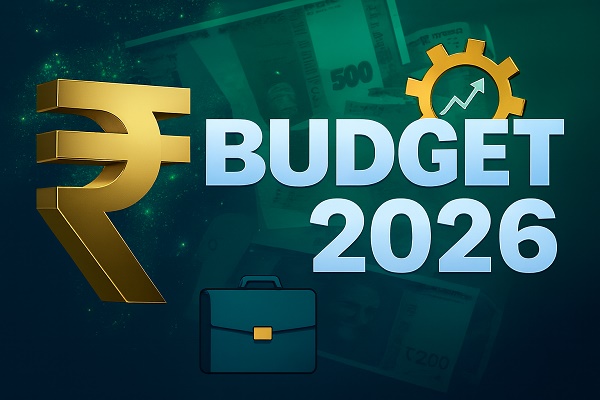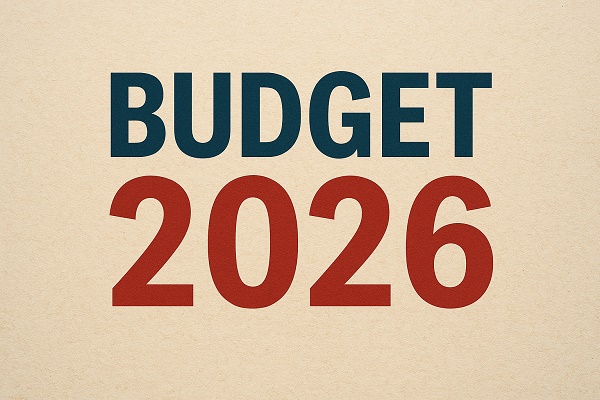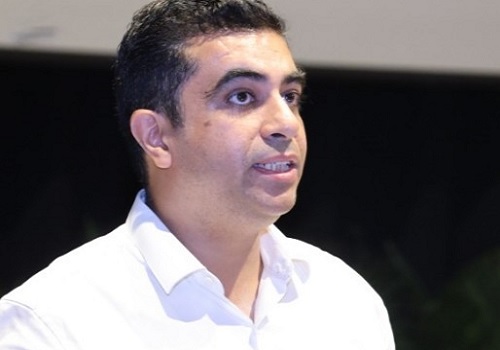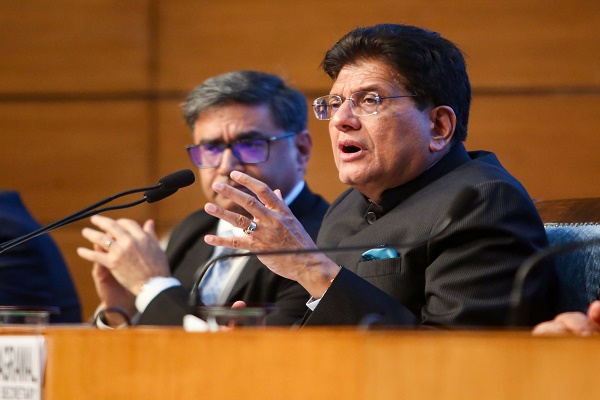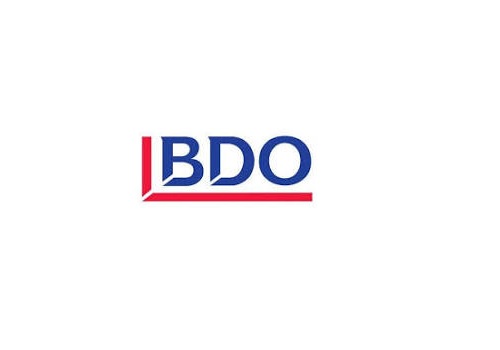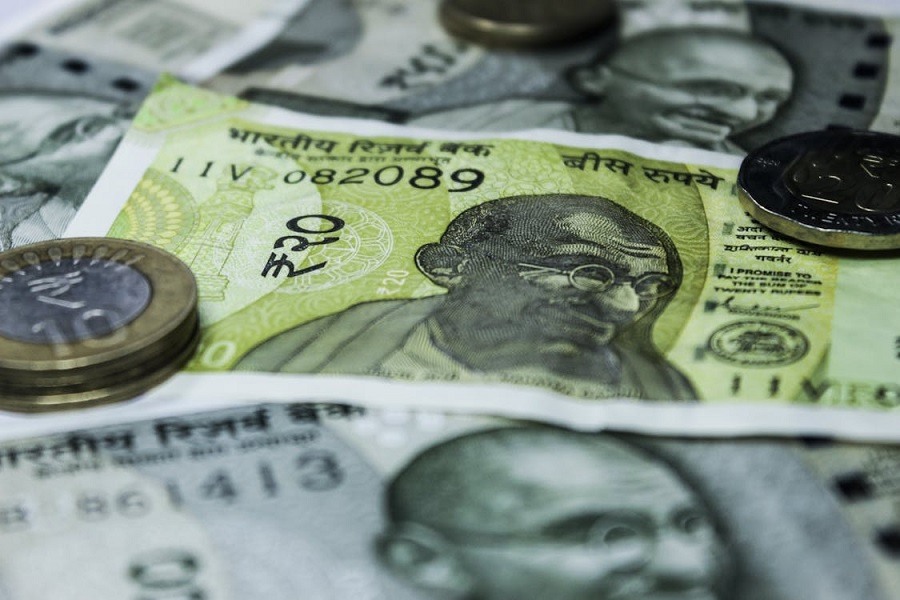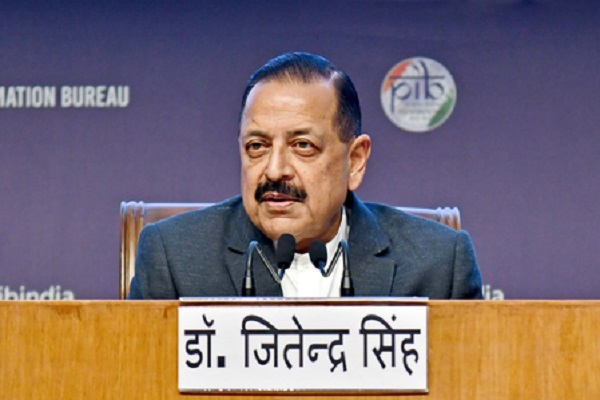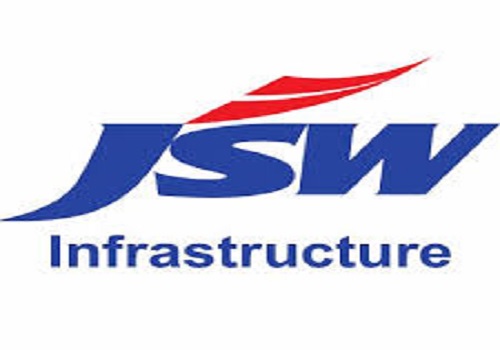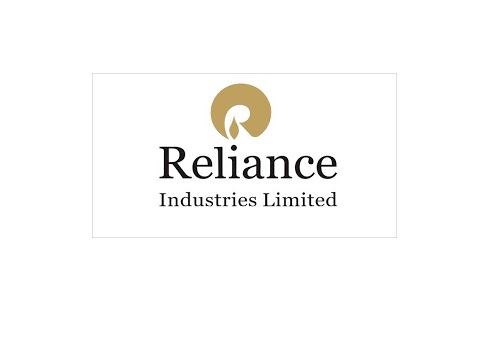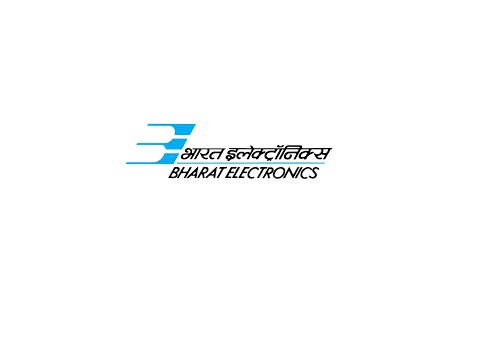Buy One 97 Communications Ltd for the Target Rs. 1,320 by JM Financial Services Ltd

As per an exchange filing by the company, Reserve Bank of India (RBI) has granted inprinciple approval to Paytm Payments Services Ltd. (PPSL), a wholly-owned subsidiary of Paytm, to operate as an online payment aggregator under the Payment and Settlement Systems Act, 2007. The approval marks a significant regulatory milestone for the company and also lifts the ban on on-boarding new merchants, which had been in place since Nov’22 when PPSL’s earlier application was rejected. As highlighted in our earlier note on regulatory triggers, we expected this to have c.5% benefit to Paytm’s FY27E EBITDA. However, this could be a big sentimental trigger as the approval likely becomes a precursor to further regulatory clearances for Paytm. Reiterate BUY with Jun’26 TP of INR 1,320.
* Reapplication and shareholding changes: This regulatory clearance follows PPSL’s reapplication in Sep’24 after addressing earlier compliance gaps, particularly around foreign direct investment norms, which were among the key reasons for the initial rejection. Importantly, the approval comes soon after Ant Financial’s complete exit from Paytm in a clean-out trade, with the sale of its residual 5.84% stake, effectively removing Chinese shareholding from the company’s ownership structure. The timing suggests that changes in shareholding and a cleaner compliance profile may have been instrumental in facilitating the RBI’s decision.
* Regulatory overhang clears; could result in a re-rating event: Since the RBI disruption in Jan’24, parts of investor community have been apprehensive about investing in Paytm while anticipating further regulatory turbulence. With this approval coming through, it becomes a clear signal that RBI is likely satisfied with the actions taken by Paytm, in terms of compliance as well as shareholding. While there is no certainty, this does enhance the probability of Paytm getting regulatory approval to operate Paytm wallet with PPBL.
* Benign valuations despite the recent strength, reiterate BUY: Paytm has seen a sharp reversal since Jan’24 to report PAT profitability in Q1FY26. Furthermore, the improvement in contribution margin (mid-high fifties) along with a controlled rise in indirect expenses can potentially trigger a rapid rise in absolute profits for the company with focus reverting to sustainable growth. We value Paytm at 40x Jun’27 Adj. EBITDA of INR 18.5bn to reach Jun’26 TP of INR 1,320, implying 17.9% upside at CMP. Moreover, there still remains the optionality of further regulatory triggers such as UPI monetisation and Paytm wallet that could each result in c.25-30% rise in our EBITDA estimates.
* Backdrop on PA/PG license regime: Before PA/PG licensing requirement, payment gateway (PG) companies were working in partnership with banks and were not regulated. With digital payments growing rapidly, RBI decided to bring these entities handling large sums of customer money under its direct regulation. Besides this, with direct access to details on such transactions, RBI could oversee any suspicious activities. The regulator also wanted visibility of merchant KYC, particularly with regards to the risk of money laundering.
* Bull scenario analysis assuming all regulatory triggers fructify: In case all the three triggers (Paytm Wallet, UPI monetisation and PA license) materialise, we highlight the potential upgrades to our FY27 estimates:
* GMV Impact: PPBL GMV in FY24 was at INR 1,450bn and we believe wallet embargo clearance could again add INR 800bn to FY27 GMV. Additionally, PA/PG license would allow them to on-board new merchants for online payments and can add another INR 900bn, c.50% of our estimate of Paytm’s PA TPV in FY25.
* Revenue Impact: MDR allowance can add INR 8.4bn to Payments revenue, implying applicability on only 66% of Paytm’s UPI GMV in FY27 with monetisation of 7.5bps. At 0.75% take-rate, PPBL GMV of INR 800bn can further add INR 6.0bn to revenue along with INR 270mn (at 0.03% of GMV) from payment aggregator (PA) revenue. Combined the three triggers can generate incremental revenue of INR 14.7bn.
* EBITDA Impact: Assuming that monetisation on UPI transactions will also empower the company to attempt to gain further market share, we expect 60% incremental EBITDA margin on MDR Revenue. Similarly, PPBL revenue can generate 50% incremental EBITDA margin along with 40% margin on PA revenue. Combined, these three can potentially add INR 10bn to JMFe FY27 Adj. EBITDA of INR 14.7bn
* RBI’s Circular on PA license: In Mar’20, RBI released a circular on guidelines on regulation of PA and PG. Under this, RBI asked existing non-bank payment platforms to apply for authorisation on or before June 30th, 2021. These platforms were allowed to continue their operations till they receive further communication from RBI on their application. This is why, Paytm, despite not receiving approval, continues to operate as PA platform. However, the platforms were restricted from onboarding new customers in the interim.
* Scope of approval and compliance conditions: The scope of the approval is limited to online payment aggregator activities in line with RBI’s PA/PG guidelines and explicitly excludes pay-out transactions routed through escrow accounts, which must remain outside the aggregator framework. As part of the conditions for the in-principle approval, PPSL is required to conduct a comprehensive system and cybersecurity audit. The audit report must be submitted within 6 months, failing which the approval could lapse. This underscores RBI’s continued focus on operational resilience and security compliance for regulated payment entities.
* Approval process: 1) In-principle approval: This is a provisional nod from the RBI, indicating that the applicant meets initial requirements stated above. With in-principle approval, PA can start onboarding new merchants on its platform and build its digital payment infrastructure. However, it does not allow the company to start PA operations yet. 2) Final approval: Once the applicant receives in-principle approval, applicants must submit a System Audit Report (SAR) conducted by a CERT-In empaneled auditor to RBI before receiving final approval and commencing operations. It usually takes 6-12 months after the in-principle nod for a company to get the final approval from the regulator.
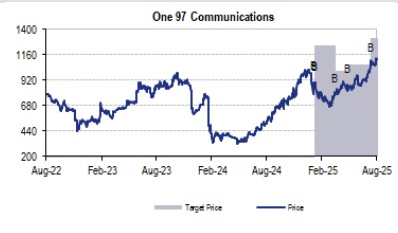
Please refer disclaimer at https://www.jmfl.com/disclaimer
SEBI Registration Number is INM000010361


